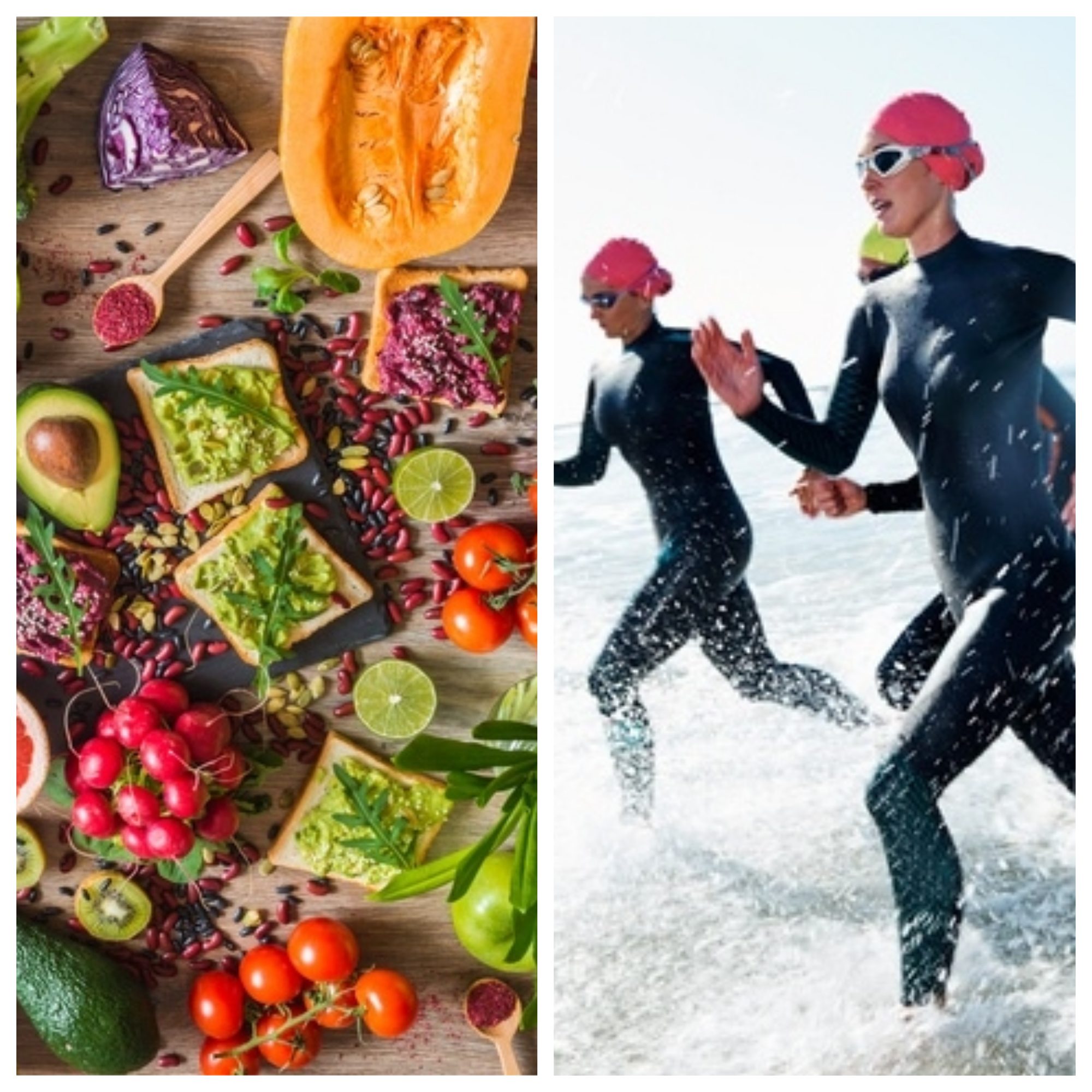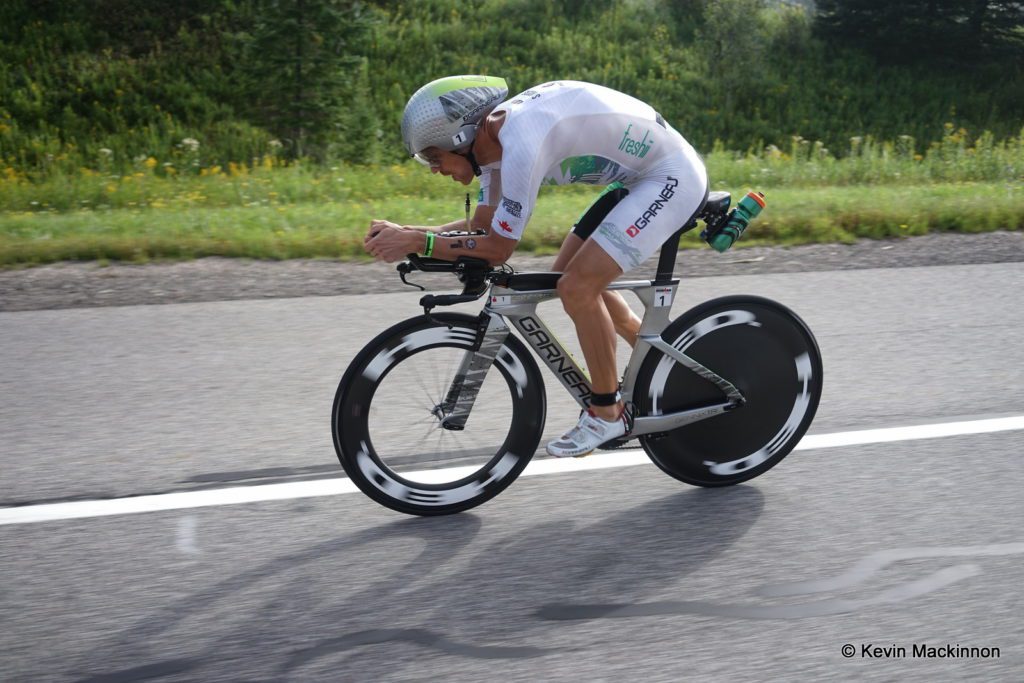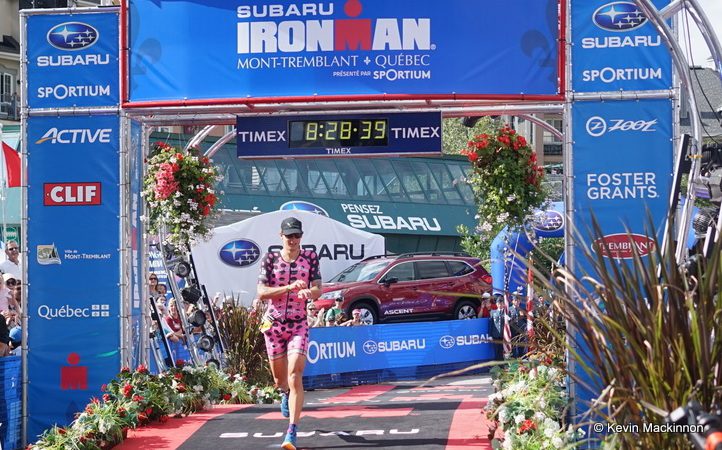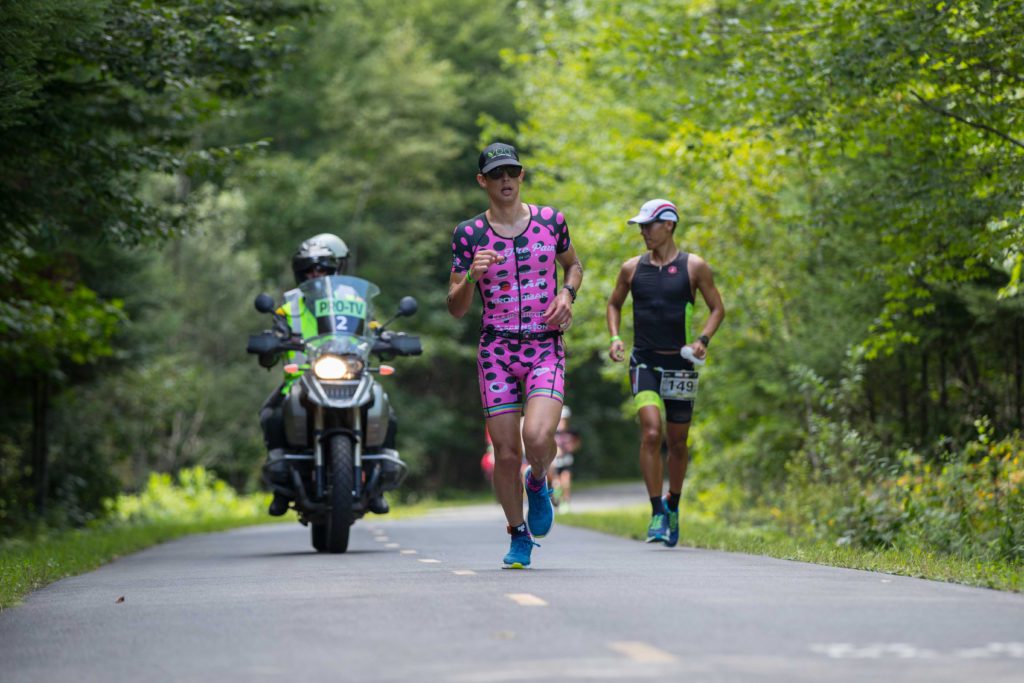Walking on eggshells: Veganism and performance
Because of the relationship between nutrition and performance, we are not immune to the lure of marketing campaigns or trends in society. One such trend is veganism. Though it may work for some athletes, there is reason to exercise caution.

Unfortunately, when it comes to any discussion about nutrition, weight loss and athletic performance, it seems almost like walking around on eggshells. No one wants to offend anyone, and no one wants to share what they are doing to reach peak performance.
If you’ve kept up with some of the new health trends, you have likely heard of many age group and professional triathletes adopting restrictive diets to cut weight and enhance performance.
At an elite level, planning specific periods of restrictive dieting to enhance performance is not new. Earlier this year, we saw Lionel Sanders, arguably one of Canada’s top Ironman athletes, become obsessed with his weight and trying to reach his performance goals. “It is the old physic argument, ‘Lighter is faster,‘” says Dr. Paddy McCluskey, Chief Medical Officer at the Canadian Sport Institute in Victoria, BC.

Related: Is lighter faster? Is lighter healthier?
However, using a restrictive diet to cut weight is dangerous and it can put athletes at a nutritional deficit.
As Pip Taylor wrote in the Sept./Oct. issue of Triathlon Magazine Canada, triathletes are highly aware of the importance diet plays in race day performance, recovery, day-to-day training sessions and body composition.
Because of the importance of nutrition, we are not immune to the lure of marketing campaigns or dietary trends. A growing trend in society and the triathlon world is veganism. Veganism excludes meat, eggs, dairy products and all other animal-derived products. The reasons for an individual to adopt a vegan diet are numerous, ranging from ethics to health concerns.
Antoine Desroches: Why I became a vegan
Antoine Desroches, a Canadian professional triathlete and an outspoken vegan in the triathlon community, originally adopted veganism after watching a sustainability documentary.
“For me, I did not become a vegan out of health reasons, but because of the ethical reasons surrounding animal rights,” says Desroches. “I gradually removed beef, pork, chicken and turkey. After a few months, I removed fish.”
As Desroches learned more about nutrition and performance, he discovered that eating more plant-based foods would enhance his recovery from training.

“As I did more research, I discovered the effect eating more plant-based food groups would have on the inflammatory process,” says Desroches. “Fruits and vegetables have an anti-inflammatory effect, while dairy products induce an inflammatory response.”
So, by removing dairy altogether, Desroches helped his overall health.
Being a professional triathlete, as well as a student of Sports Nutrition, Desroches is well aware that veganism is not for everyone. He does, however, make a point of encouraging other triathletes to be mindful of what they eat. “There are benefits to eating more plant-based products, however, going 100 per cent vegan is not necessary to get similar benefits,” says Desroches.
Diet and enhancing performance
Watching what you put into your body is important, but restricting your diet to certain food groups for the sole purpose of enhancing performance is dangerous. Dr. Paddy McCluskey, the Chief Medical Officer with the Canadian Sports Institute in Victoria, BC, says “The first thing I ask an athlete who is a vegan trying to reach peak performance is ‘why?'”
“If it is for ethical reasons, then it becomes critical to have a routine in place to make sure the athlete gets all of their nutritional needs,” says Dr. McCluskey. “However, if it is for ‘enhancing’ performance, then we have a long conversation about why a restrictive diet isn’t ‘healthier’ or ‘faster.‘”

Dr. McCluskey doesn’t lean on personal opinions, but scientific proof.
“As far as I know, there is no study in this area which shows that a vegan athlete is healthier than a non-vegan athlete,” says McCluskey.
McCluskey backs his claim by referencing numerous studies that prove if you are healthy and available for training, this is the most significant contributor to reaching optimal performance.
“If your diet is too restrictive, it limits the number of nutrients and calories you take in, which increases your risk of injury,” says Dr. McCuskey. “This decreases your health and takes you away from training.”
Related: Pushing the limits of performance: Sacral stress fractures
Nancy Clark, a sports nutritionist and author of Nancy Clark’s Sports Nutrition Guidebook, says (to vegan athletes): “You need to be responsible. As a vegan, you need to eat about 10 per cent more protein than non-vegans.” One of the biggest issue with being a vegan is the availability of food to eat. “It is a lot easier now, but the issue becomes when you don’t eat when you’re hungry. This increases your chances of becoming energy deficit, increasing the risk of injury and illness.”

“Once an individual enters a sustained state of energy deficiency, the body prioritizes basic metabolic functions to sustain life,” says Dr. McCluskey. The top priority is keeping your heart beating, your lungs taking in oxygen and keeping your brain in a functional state. To maintain these functions, the body shuts off basal metabolic functions non-essential to life. The first functions to go are: “Bone, skin and hair health, even your immune system is affected,” says Dr. McCluskey.
Dr. McCluskey makes it clear that it isn’t impossible to compete at a high level as a vegan, but it does require significant planning.
“Nutrition is key to obtaining optimal performance. If you become energy deficient due to your diet (a vegan diet includes lots of fibre which fills you up, leaving you short in calories) you increase the risk of musculoskeletal injuries and illness,” says McCluskey. “And if you are not available for training, you will not achieve peak performance.”
Planning for peak performance

Veganism isn’t for everyone. It is challenging to maintain and can be a source of stress if your motivation is not sincere. Desroches, a committed vegan triathlete for six years, says he has come across numerous challenges travelling and racing as a vegan.
“Planning is essential. Especially, when you are travelling for races and training,” says Desroches. “You also need to be mindful that you are getting all your essential micronutrients, such as iron (a common concern), vitamin D and B12. This is regardless of your diet, because of the amount we (triathletes) train, we have higher requirements.”
“This is not to say, you can’t perform at an elite world-class level as a vegan,” says Dr. McCluskey. “However, it does add a layer of complexity when it comes to trying to achieve peak performance.”
